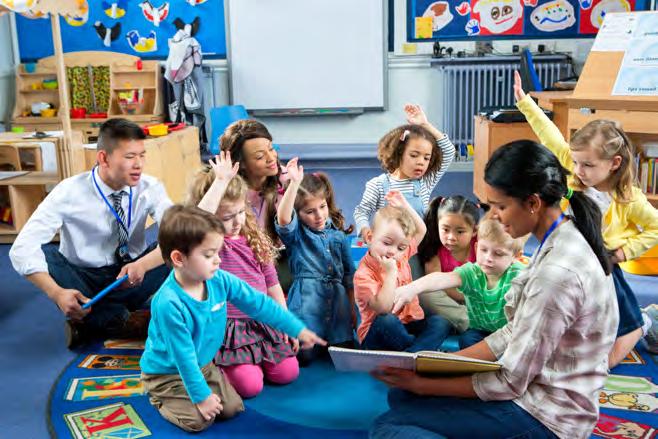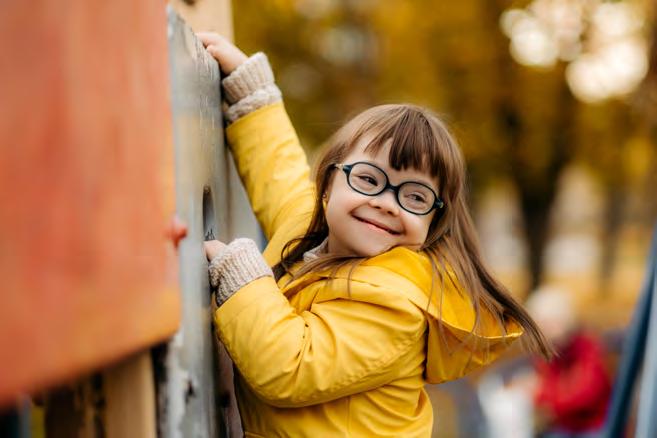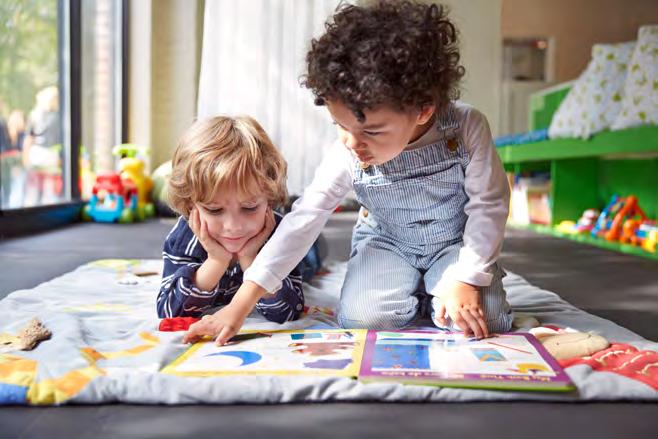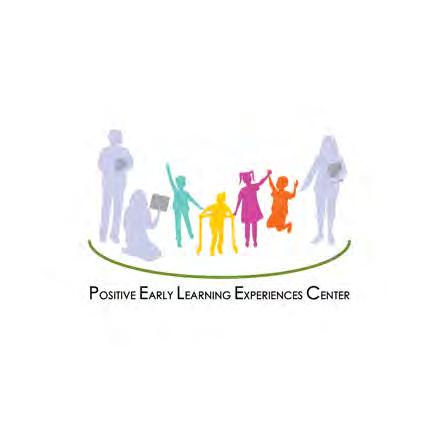








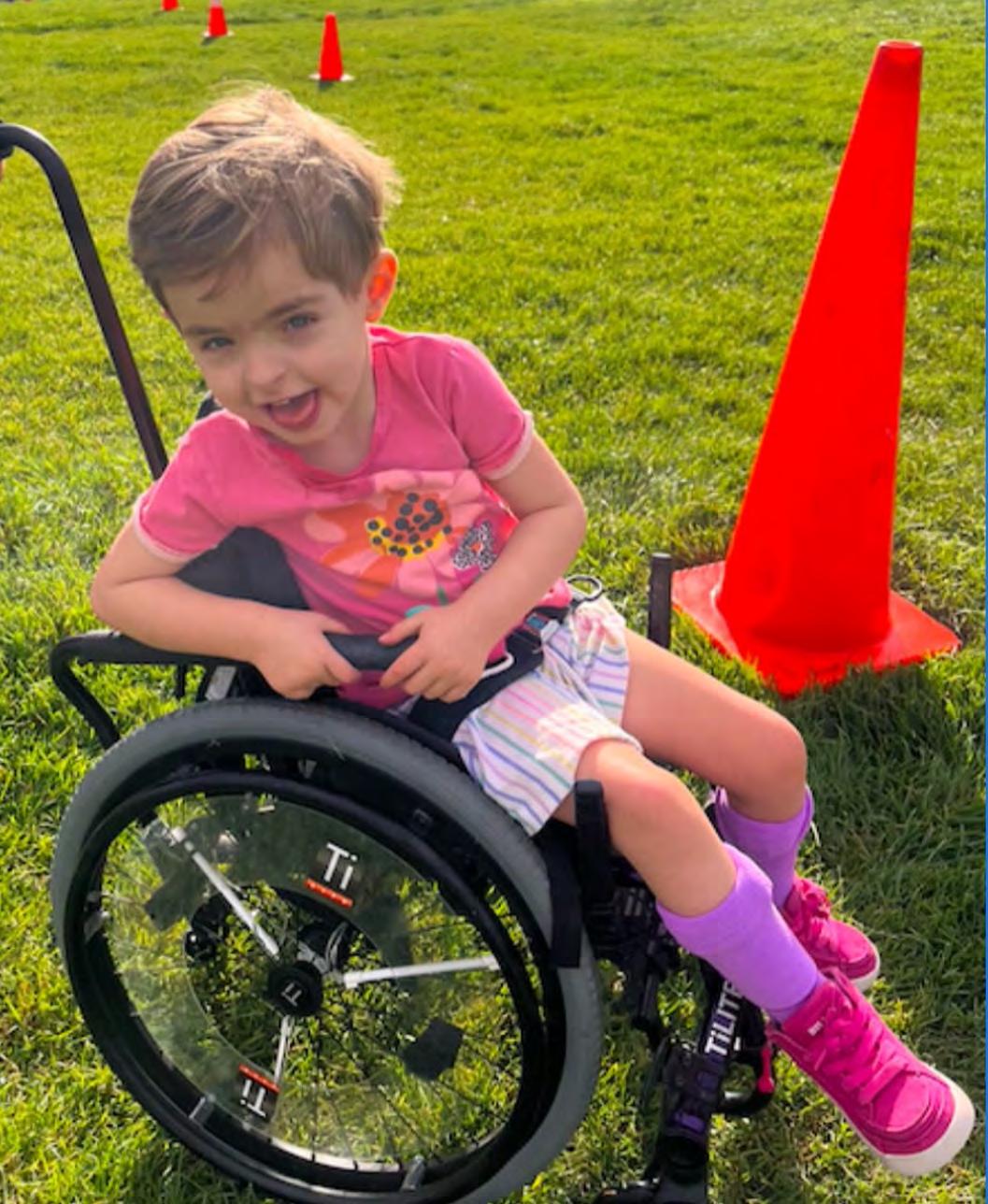



One day, all early childhood systems will be equipped to effectively support every child, honor their individual strengths, needs and identities, and welcome every family in a community where they belong.
Positive Early Learning Experiences (PELE) Center delivers customized, comprehensive supports to leaders and providers in states, communities, and local programs who aspire to create and sustain effective, high-quality, systems where every child, family, and provider belongs.
Complex change requires transformative solutions. Together, we will:
• Promote the fundamental truth that if experiences are not inclusive, they are not quality
• Challenge attitudes and beliefs that limit possibilities and potential for children and families
• Ensure that families are integral to the design, delivery, and evaluation of high-quality inclusive experiences
• Commit to community-engaged and participatory research ensuring that the lived experiences of our partners are centered on the knowledge we generate
• Adopt, sustain, and scale up solutions through implementation science
• Prioritize provider wellness and build capacity with coaching
• Commit to kind and supportive interactions and relationships that result in belonging for everyone
• Continuously improve by examining relevant data and making responsive changes
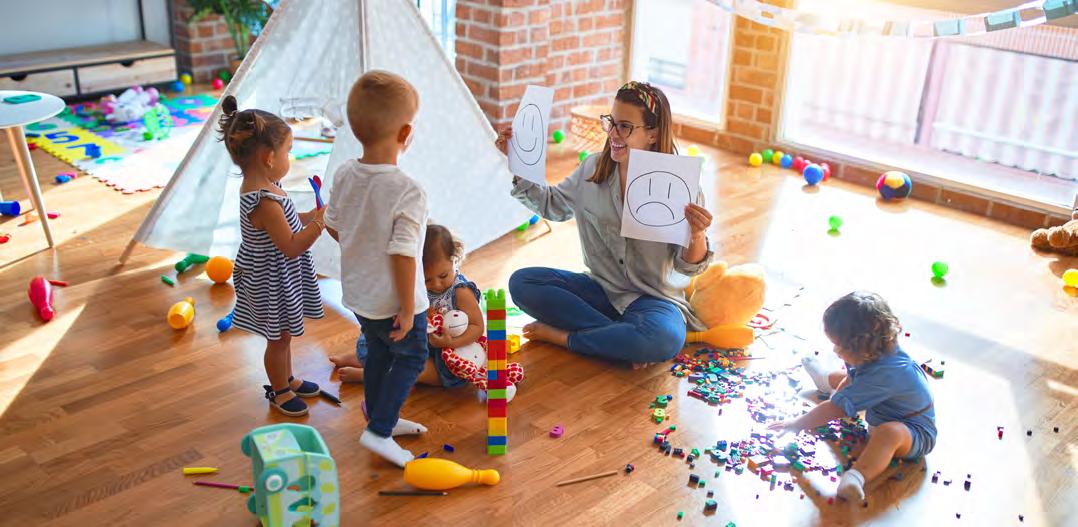
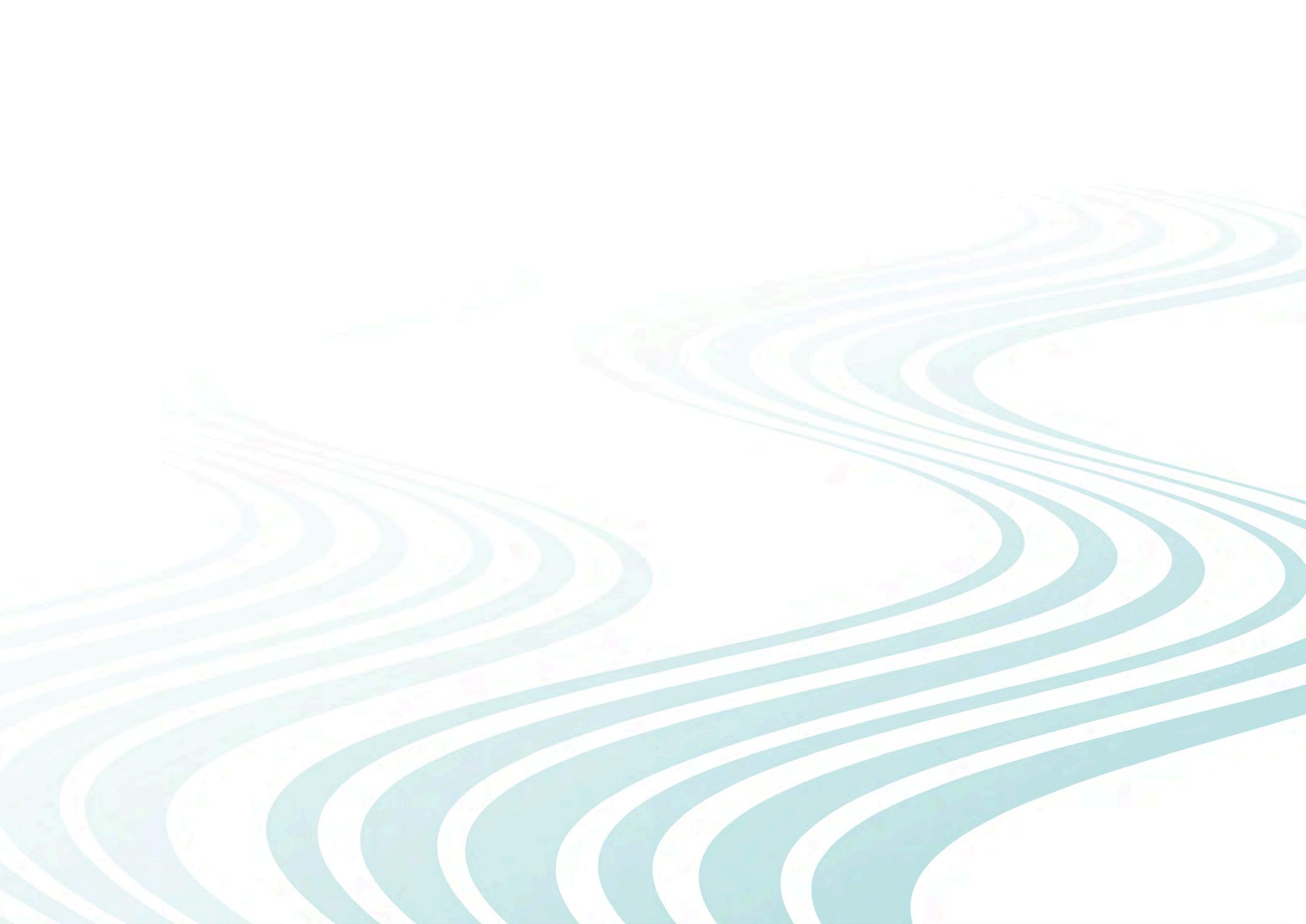

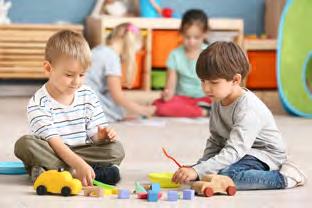
At the PELE Center at the University of Denver, we are redefining what "impact" means. While traditional measures tell one story, we know the real narrative unfolds when states, communities, programs, and individuals forge their own paths forward to support all children, families, and providers across early childhood.

Partnerships with the PELE Center are grounded in the Individuals with Disabilities Education Act (IDEA) statute that: “Disability is a natural part of the human experience and in no way diminishes the right of individuals to participate in or contribute to society. Improving educational results for children with disabilities is an essential element of our national policy of ensuring equality of opportunity, full participation, independent living, and economic self-sufficiency for individuals with disabilities.” 20 U.S.C. §1400(c)(1)
In this year’s Impact Report, we are sharing three powerful ways our team is addressing our field's most urgent questions and challenges to turn the intention of the statute into action—not as prescriptive experts, but as active partners in systems change who honor local wisdom and experience. This report offers how we are measuring impact but also how our partnerships based on presumed competence catalyzes system support for children, families and providers.
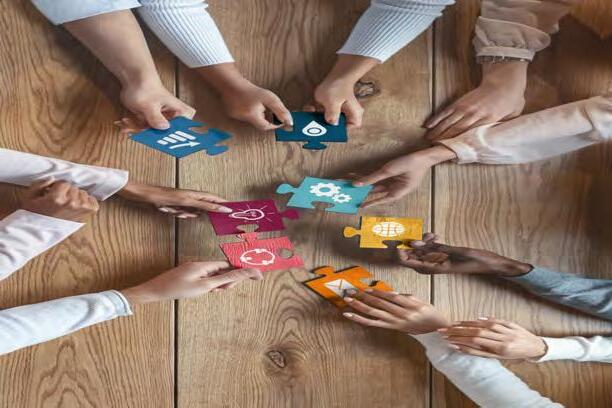
How do we build truly inclusive systems that work for everyone, everywhere?
We approach systems change by partnering with states, communities, and programs to facilitate processes that presume competence and honor local contexts while driving meaningful impact. Our intention-focused work reveals a clear truth: achieving equitable inclusion requires systemic change that explicitly addresses Togethering disparities across disability and intersecting underserved identities, including geography. By shifting from a deficit approach to one that presumes practitioner, child, and family competence, our center— with our partners—is advancing the field beyond the traditional inclusion debate to ask more powerful questions about reducing structural barriers and affirming identities at every system level.


Our approach has evolved to maximize impact and sustainability. Rather than working classroom by classroom, we now focus on the most powerful leverage points across systems—whether that's state guidance and policy, community networks, program leadership, or practitioner coaching and professional learning.
Our small but mighty team formally partnered with 15 states (almost 30% of the U.S.) this year, guiding change through:
Technical Assistance
Systems Coordination
Leadership Development
Communities of Practice
Coaching and Professional Learning
(e.g., retreat, workshop, and training facilitation)
Research and Evaluation
Publications and Conference Presentations



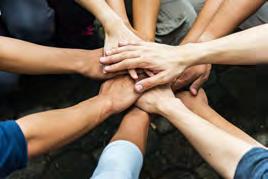
We do not drive change alone—we partner to strengthen existing capacity in others in ways that are meaningful to them. Through technical assistance, we support state leaders in reshaping structures, help communities strengthen their networks, and guide programs to evolve their policies and practices. Through our leadership and work in the Early Childhood Technical Assistance (ECTA) Center and the National Center for Pyramid Model Innovations (NCPMI), we are driving critical conversations and innovative approaches to reshape how the field thinks about and implements inclusion to support lifelong positive impacts.


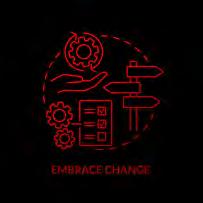
How do we make deep change—in hearts, minds, and everyday practices —across all levels?
Change happens when we move beyond the "what" to deeply understand the "why" and "how". Our team uses a wide range of evidence and experience-informed approaches— from intensive coaching to collaborative learning communities to systems consultation. Our work is not just about implementing new practices; it's about reshaping mindsets and building authentic understanding. We center children with developmental support needs in underserved communities in everything we do. We ask challenging questions which help partners push beyond their comfort zones without blame or shame. Our focus stays clear: creating systems that truly honor the dignity, humanity, voices, and aspirations of providers, children, and families.
Our commitment to creating deep change is reflected in how we structure our technical assistance. In 2024, the majority of our TA activities focused on high-impact collaborative work to create multiple pathways for partners to engage in meaningful change toward inclusion. We also invested in building sustained learning communities, with 50% of our TA activities focused on provider and coach professional learning (i.e., training) sessions and communities of practice. While direct technical assistance formed the core of our work, we extended our reach through collaborative initiatives including leadership communities of practice, webinars, and keynote presentations and written materials including online resources, journal articles, books, book chapters, conference sessions and keynote presentations.
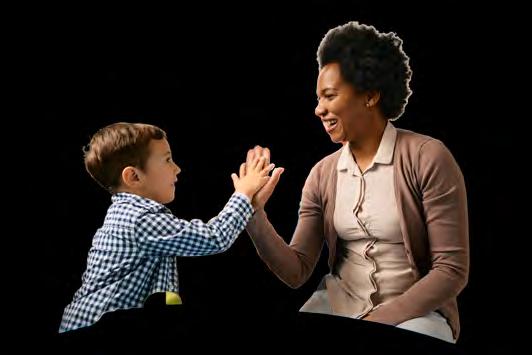
This layered approach ensures we are consistently advancing more inclusive practices to meet partners in Head Start programs, community and home-based childcare programs, state funded preschool programs and local education agency classrooms where they are.
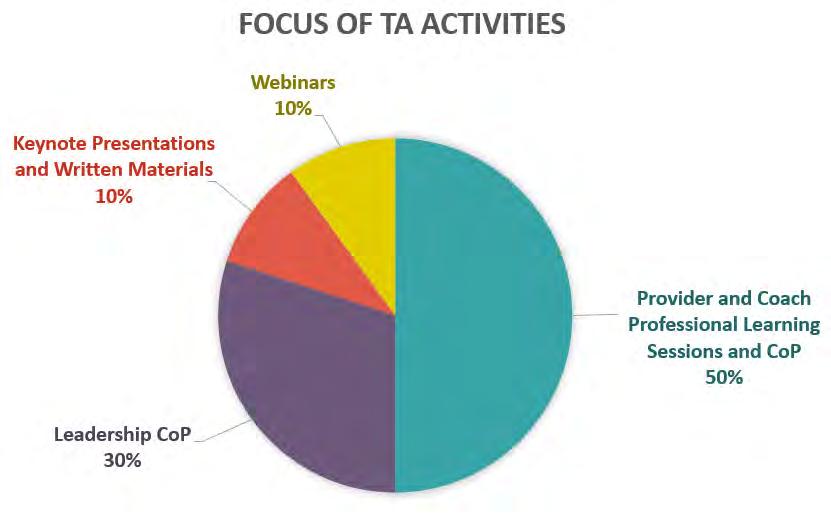
100%
100% of our staff dedicated time to support state, community, and program teams with planning meetings through trainings, workshops, and webinars totaling over
750 hours
900 hours
100%

100% of our staff dedicated time to coaching in Communities of Practice with administrators, coaches, community teams or providers totaling over
200 hours
Staff engaged in over 900 hours of coaching, and consultation (live and online) in programs and communities across 15 states.
15 states
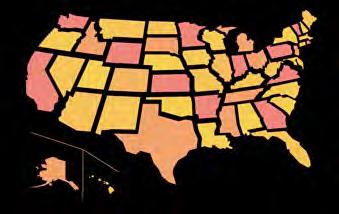


How do we build on existing strengths to advance change, without overwhelming systems and people?
We have worked with partners to design and implement professional development that is strengths-based and adult-centered to engage participants in authentic curiosity and reflective questions that help them to generate their own solutions.

Our innovative Building Blocks for Belonging (BB4B) Blueprint and toolkits guide participants to translate their learning into creating environments and communities that are uniquely matched to the children and families they serve. The Building Blocks for Belonging center on:
Building Blocks for Belonging
BB1: Investing in Belonging
Constructing Equitable Environments and Experiences
Cultivating Connections
Engaging Every Child
Building On Successes
Change We are Creating Together
These questions and challenges are evolving— and so are the solutions. Because professional development from the University of Denver is fully customized and contextualized, it is completely focused on the desired outcomes of our partners—our goal is to co-create meaningful learning experiences and opportunities for participating programs and providers that honor and build on their beliefs, experiences, and knowledge.

This year our partners shared many positive experiences while working with us. Here are just a few:
[The PELE Center] offered the most humane training I have ever attended.
What an amazing way to support our childcare providers shift their mindset to begin helping all of our children belong in all of our centersso many thoughtful questions presented and practical techniques offered.
The idea of being able to utilize this information in my work is very exciting and reassuring that I have some possible solutions for teachers who need support in broadening their perspective in how they view “challenging behavior” in children and how to support them. This is information I can use in real time... like now.
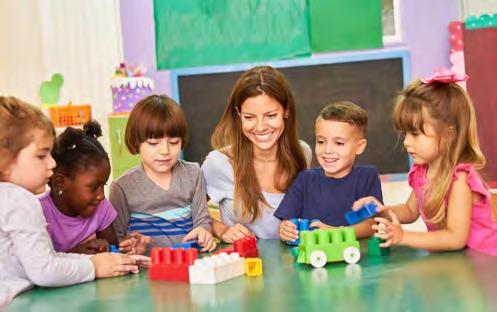
I am ready to lead a movement to shift our education system.
Mind blowing training. I cannot get enough. I am going to bring this to my admin and para. Life altering stuff!
Interested in a Partnership with the University of Denver in 2025?
In 2025, we will announce exciting new partnerhsips that will shape the future of early childhood, demonstrating the University of Denver’s strength as a leader and partner in developing, offering, and researching comprehensive and customized support to improve inclusive access, experiences, and outcomes for every young child (birth to eight) with and without IEPs.
We all have learning and growth ahead as we work toward belonging for all. Our team is here to work alongside you, ready to tackle the hard questions and celebrate the breakthroughs together. If you are working in any of these areas, we would welcome the opportunity to partner and grow together. Reach out to Sally Hansen at sally.hansen@du.edu to explore collaboration.

